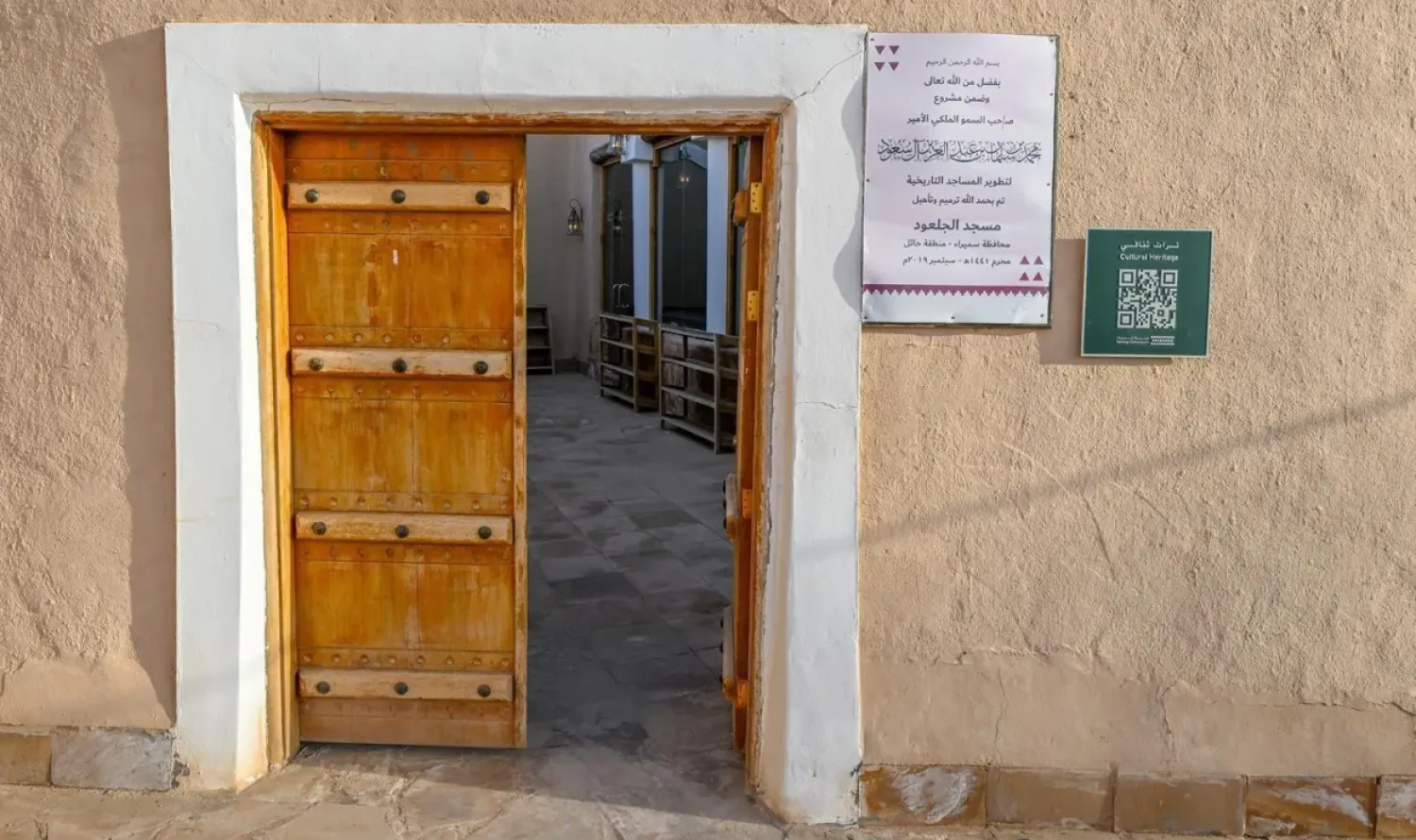The recent scene in a Paris theatre was loud and tumultuous with hundreds of spectators backing their favorites in the Miss Ivory Coast/France 2024 contest, one of many events at which France's African diaspora celebrate their dual culture.
"Our parents made beautiful children in Europe," remarked a master of ceremony as the 19 contestants took to the stage wearing, in turn, traditional wax dresses, swimsuits and evening wear.
After four hours of suspense, Lyse Amissah, contestant number 18, was declared the winner.
"I am very touched, grateful and proud," said the 22-year-old student who was born in Paris to Ivorian parents.
A few weeks earlier, during rehearsal, Amissah -- who wears her hair short and dyed blond -- said that the contest represented more than just winning a beauty pageant.
"It's a way to get as close to my roots as possible," she said, adding she had always been "steeped in Ivorian culture".
Flora Sy, president of the Miss Ivory Coast/France committee, said that although the contestants are "very proud" to be French, "it is also important for us to show our Ivorian culture".
Things weren't always this upbeat, remembered Mams Yaffa who organized the very first such African contest in France, Miss Mali/France in 2002.
- 'Role models' -
Casual xenophobia and racism were widespread at the time, including at the highest level of state.
The image of Malians was "horribly stigmatizing", said Yaffa, who is now deputy mayor in Paris's 18th district where many residents are of African background.
The first Miss Mali/France contest "provided the framework for activism" and the women competing were "role models for our younger sisters", he said.
Their activism was aimed at promoting hygiene, education and health, and to persuade women not to bleach their skin.
Topics today include illegal immigration. Miss Senegal/France recently talked with young people in Senegal "to convince them not to get into one of those boats", said Mamadou Thiam, who runs the Franco-Senegalese organizing committee.
Amissah is using her fame to help end the "taboo" surrounding endometriosis in Ivory Coast.
Close contacts created by the beauty contests between France and African countries sometimes contrasts with deteriorating diplomatic relations between France and some of its former colonies on the continent.
A recent example is Mali, where the military government asked French troops to leave after 10 years of anti-extremist missions there.
But Yaffa brushed off such tensions, saying his organization will never allow itself to become the "collateral damage" of diplomacy.
"The problem is governments, not the population," he said.









